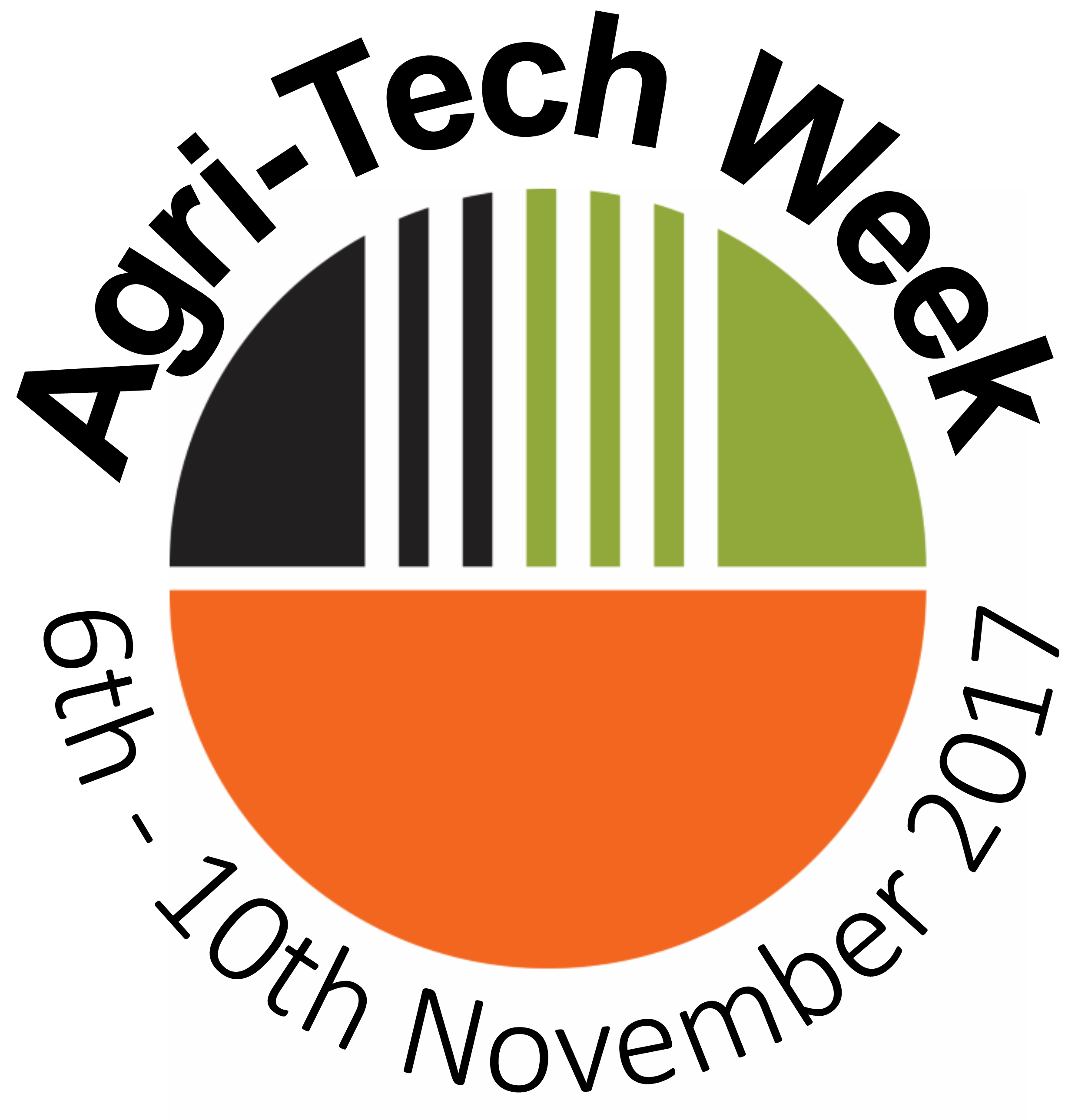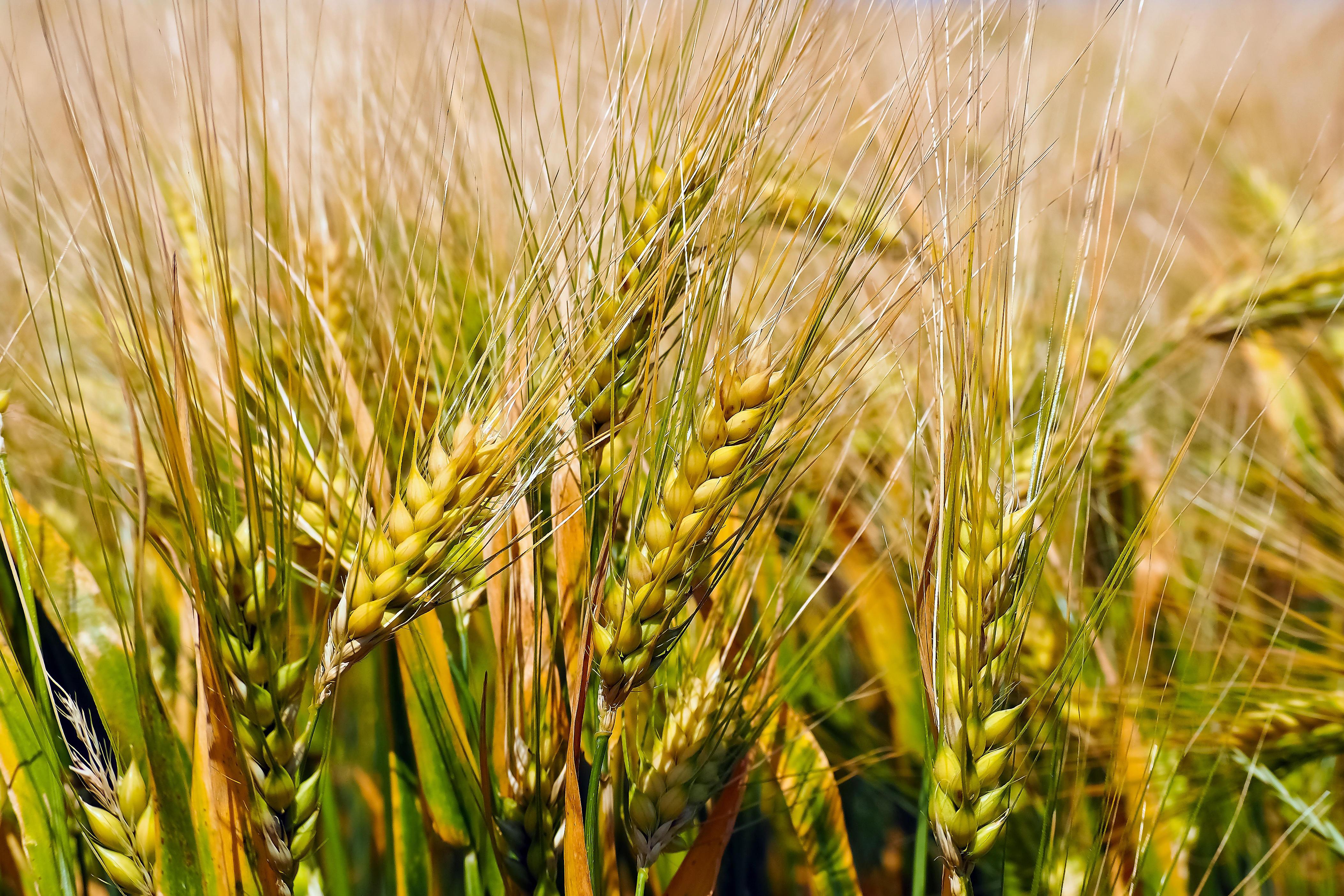Stimulating innovation and entrepreneurship for better nutrition
-
04Dec
-
29Nov
Speaker: Dr Laura H. Kahn, MD, MPH, MPP.
Research Scholar, Program on Science and Global Security, Woodrow Wilson School of Public and International Affairs, Princeton University
-
14Nov
Join us for a private screening of the new documentary film 'Food Evolution,' which focuses on the debate surrounding the use of genetically modified organisms (GMOs).
-
14Nov
Now in its fourth year, the annual CIPH conference and lecture series presents an opportunity for public health researchers, policymakers and professionals to come together, discover and discuss the latest public health research breakthroughs at Cambridge.
-
07Nov
Today's Knowledge Meets Tomorrow's Technology
-
06Nov

Monday 6th November
Afternoon: Water and Soils – Lincoln:
Riseholme Campus, Riseholme Hall, Lincoln LN2 2LG
-
06Nov

Monday 6th November
Afternoon: Water and Soils – Lincoln:
Riseholme Campus, Riseholme Hall, Lincoln LN2 2LG
-
31Oct
An international conference exploring the latest breakthroughs in research into better ways of exploiting waste and co-products from agriculture and food production.
-
17Oct

-
14Jun
Cereals is the one-stop shop for all the latest innovations in the arable world. Attendees will get to meet with all the major and new companies showcasing their latest products – from the newest breeding technologies to the state-of-the-art in precision engineering.

